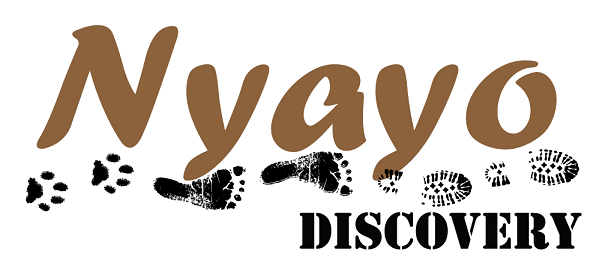Ewangan Women's Group
Ewangan meaning “light” in Maa, the Maasai language, is a community organisation, registered with BASATA. The group was set-up to economically empower women through the sale of jewellery and other beaded projects and sustainable livestock rearing. Nyayo Discovery actively supports this group through cash donations, providing workshops to extend knowledge and general support.
Beading and Jewellery
Beading is a major pass-time activity for Maasai women, done when daily chores have been completed. It’s a time for female bonding, discussion of issues and the odd bit of gossip. Beaded jewellery is an important part of Maasai identity and the women are responsible for beading for the whole community (including men). Jewellery designs and the colours used have specific meaning - something you will have a chance to learn about in more detail if you take part in a cultural immersion program or trip.
The beading includes traditional designs, modern takes on traditional designs and brand new designs which the group have come up with during workshops.
The income generated from the sale of beaded jewellery and other items goes towards schooling, medical care and supplemental food for the women and their families. Part of the funds are also held by the women to put into new projects for the future - including a nursery school.
Livestock Rearing
In traditional Maasai culture, only men are allowed to own livestock. The number of livestock a man owns has implications for their status and the number of wives they can have in their community. The more cows, the more status, the more wives and the more children a man can have. Cows are also exchanged between families during marriage negotiations.
Men often have the last word about how many cows to buy, when to slaughter them and when to sell. As Maasai communities have developed a greater reliance on a cash economy women have gradually become more disempowered as livestock is often the primary source of a cash income.
After many discussions, it became clear that women would like to have their own cows. As individual women have no real means to own livestock, it was decided the best way for women to achieve this in a way that would be acceptable in the wider community would be joint ownership via a women’s community group.
The livestock project is still a work in progress. We’ve tried a few iterations of this project with varying results. At one point the women’s group managed to acquire 50 + goats and 3 cows. Currently we are looking at keeping cows and other livestock in the women’s group community boma, which is taken care of by vulnerable unmarried women including widows.
